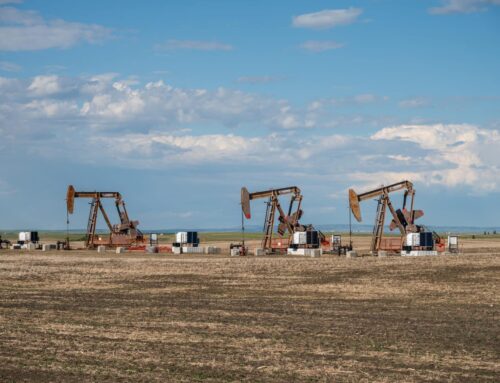Last week, the Biden Administration released its first plan for taking regulatory actions across the executive branch. The regulations for oil and gas development on federal lands date back to the 1980s, 1960s, or earlier and cost taxpayers dearly for being outdated. The new plan for the Department of the Interior (DOI) promises to bring several rules into the 21st century, and taxpayers could save billions of dollars if the new rules usher in real reform for federal oil and gas leasing.
There are vast deposits of oil and natural gas within federal lands and waters. In exchange for the right to explore for and produce the oil and gas, private companies agree to terms to lease small pieces of federal land or water. Those terms, including how much the companies pay in rent, what percentage of the value of any oil or gas they produce they pay to the government – aka, the royalty rate, and how much they have to put down up-front to guarantee they’ll clean up when drilling is done all determine the return to taxpayers from federal oil and gas leasing. Some of the terms are set in law and require Congress to take action to update them, but federal agencies have the discretionary authority to change other terms and have failed to do so for decades.
In the “Spring 2021 Unified Agenda of Regulatory and Deregulatory Actions” released last week, the Biden Administration signals it will finally use agency authority to change some of those terms. One of the items in the agenda is a catchall for updating leasing terms that is likely tied to the DOI’s ongoing review of the federal oil and gas program. The item indicates DOI will propose to “update the fees, rents, royalties, and bonding requirements related to development and production.” Updating the royalty rate alone would eventually lead to billions of dollars in additional revenue for both state and federal taxpayers. But the DOI is going to take its time and doesn’t expect to publish a proposed rule until at least the fall of 2022.
Another item on the agenda would address the significant waste of natural gas from leases on federal lands. The Bureau of Land Management published a rule in 2016 to limit the venting and flaring of natural gas from federal leases and clarify when operators would be charged a royalty on it. The Trump Administration took aim at the rule, but its attempt to replace it was thrown out in court, as was the underlying 2016 rule. As a result, the rules governing gas waste on federal lands reverted to a previous version that was first written in 1979. These old rules are wholly inadequate and lead to enormous waste for which operators don’t have to pay a royalty. They cost taxpayers millions of dollars every year while enabling emissions that add to the climate change problem. DOI is proposing to issue a new rule, but not until the beginning of 2022 at the earliest.
Other items on the agenda indicate the Biden Administration is serious about reforming oil and gas leasing, but the details will matter, and it’s past time for taxpayers to get what they’re due for the development of federal resources.











Get Social